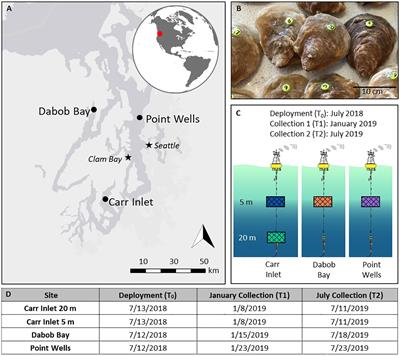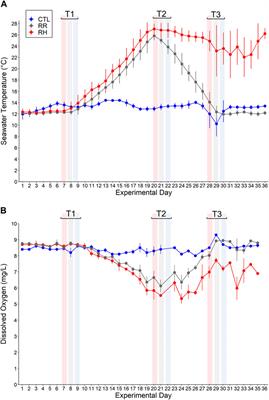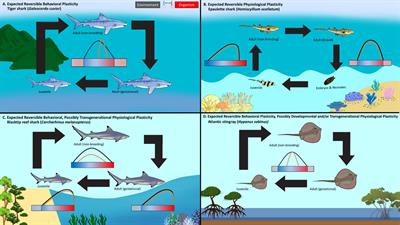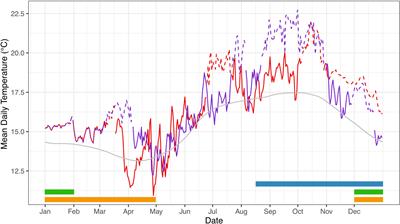EDITORIAL
Published on 16 Oct 2024
Editorial: Exploring the developmental plasticity and transgenerational effects on the thermal biology of aquatic ectotherms
doi 10.3389/fphys.2024.1507027
- 646 views
2,813
Total downloads
12k
Total views and downloads
EDITORIAL
Published on 16 Oct 2024
ORIGINAL RESEARCH
Published on 13 Mar 2024

ORIGINAL RESEARCH
Published on 15 Feb 2024

PERSPECTIVE
Published on 01 Nov 2023

ORIGINAL RESEARCH
Published on 21 Jul 2023

